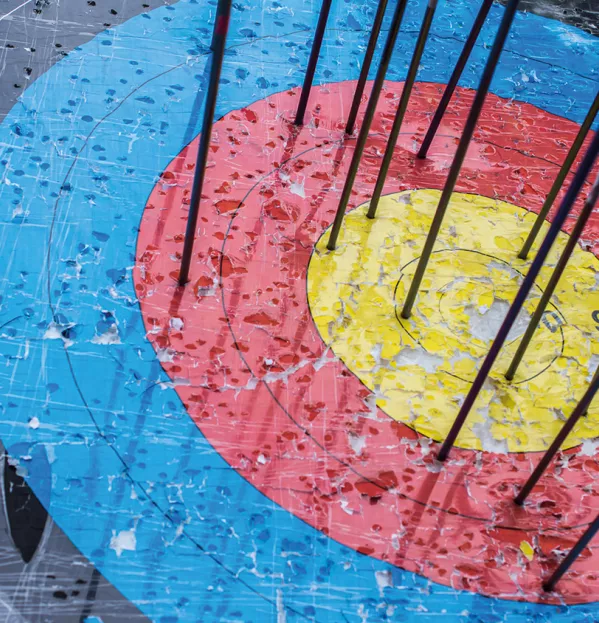Given the urge to return to a situation much closer to “normal” than we are currently experiencing, teachers and school leaders are following the global news on developing vaccines extremely closely.
But have you noticed how many parallels there are between implementing a successful national vaccination programme and improving a school during difficult times?
If not, let me enlighten you. New research from the health sector, Clinical Outcomes of a Covid-19 Vaccine: implementation over efficacy, reveals some perceptive insights that could equally offer us a sage analogy for effective school improvement.
For starters, the research makes it clear that we will need a group of different viable vaccines to tackle such a complex problem as the coronavirus pandemic, not just one “golden shot” vaccine.
Similarly, school improvement needs a range of well-targeted priorities, not just a flashy, one-off, solve-all solution.
The vaccine research also makes a distinction between performance in trials and performance in the wilds of real life.
Again, there is a good lesson for schools here. School leaders often select new priorities, products and interventions that have performed effectively in well-funded and neatly controlled trials. But when faced with the messiness of whole-school reality, they quickly get distorted, and can flail and fail.
To counter these issues, the health research implores countries to think about implementation as much as the product itself. As part of that implementation, it is noted that a vital prerequisite for vaccine success is to establish high trust. Similarly, school leaders need to engender trust if teachers are going to be responsive to complex new habit changes and disruptions to their hard-won routines.
For example, when trying to improve something as complex as reading outcomes, it is essential that the “why” of the changes is communicated and that a shared language is established, or the whole thing will fall flat.
And finally, part of any good vaccination roll-out is the management of expectations. In any good school implementation, you need the same: just as a vaccine will not be an overnight fix, people need to be made aware that school improvement is necessarily slow and effortful.
What the above demonstrates is that we need to look outside of our sector sometimes to learn lessons that can help us to improve our schools. Change is difficult, no matter what the focus of that change ultimately is: if we can make it a bit easier for all those who have to undertake that change and lead it by looking at other sectors, then why would we not do it?
Alex Quigley is a former teacher who now works for an educational charity supporting schools and disadvantaged pupils. He is the author of Closing the Reading Gap
This article originally appeared in the 22 January 2021 issue under the headline “Vaccine is a shot in the arm for school improvement”
